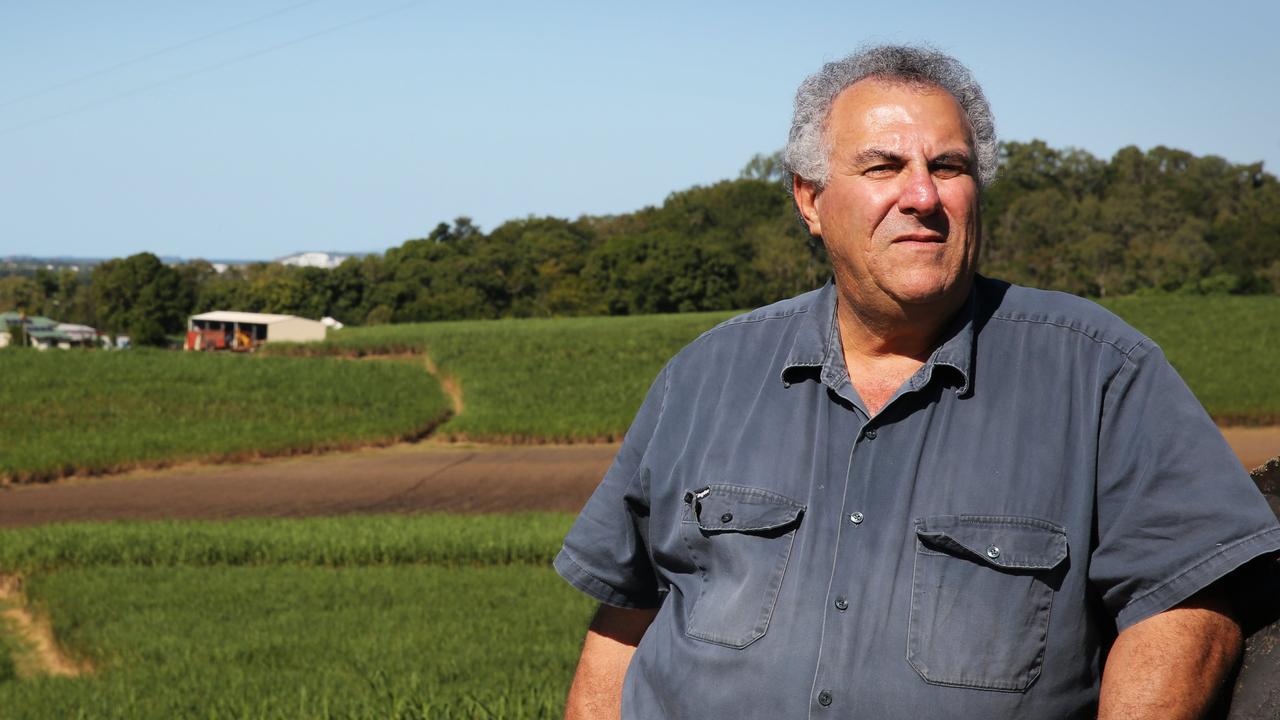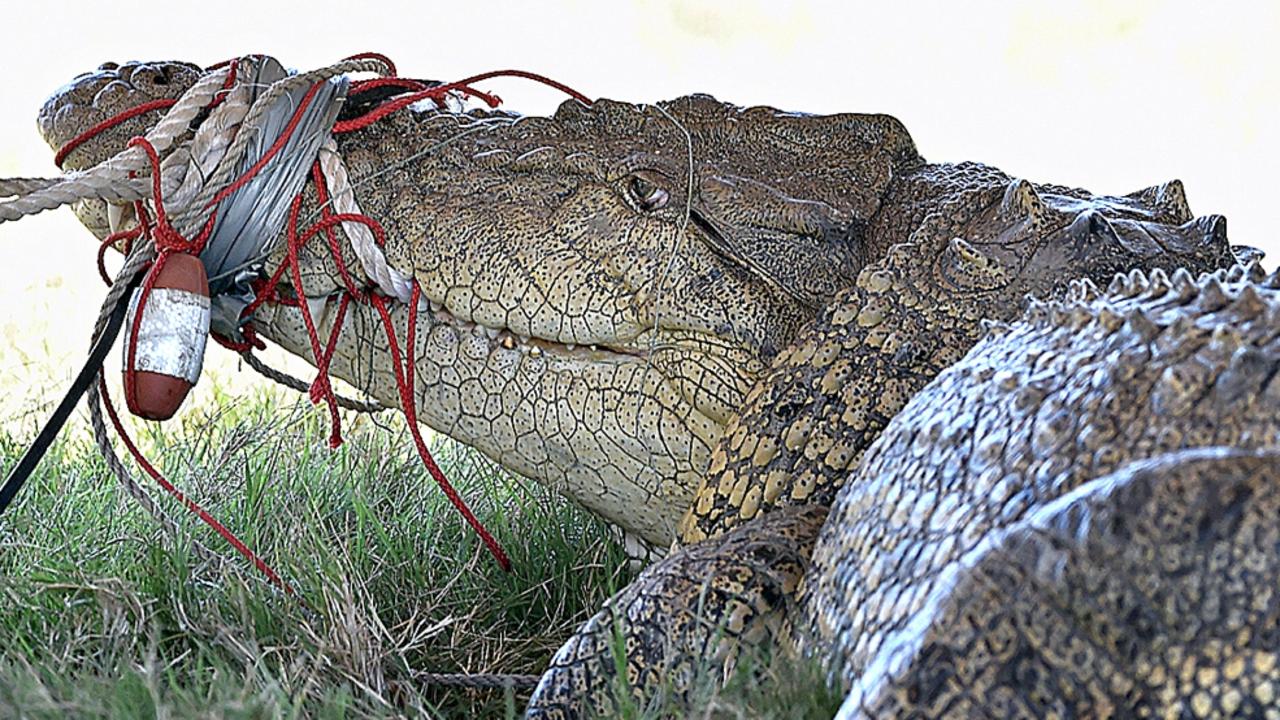ASMC report finds Indian Government’s subsidies ripping $1 billion from Queensland sugar mills
The state’s canegrowers and millers are losing about $5 million a week as the effects of the Indian Government’s sugar subsidies continue.
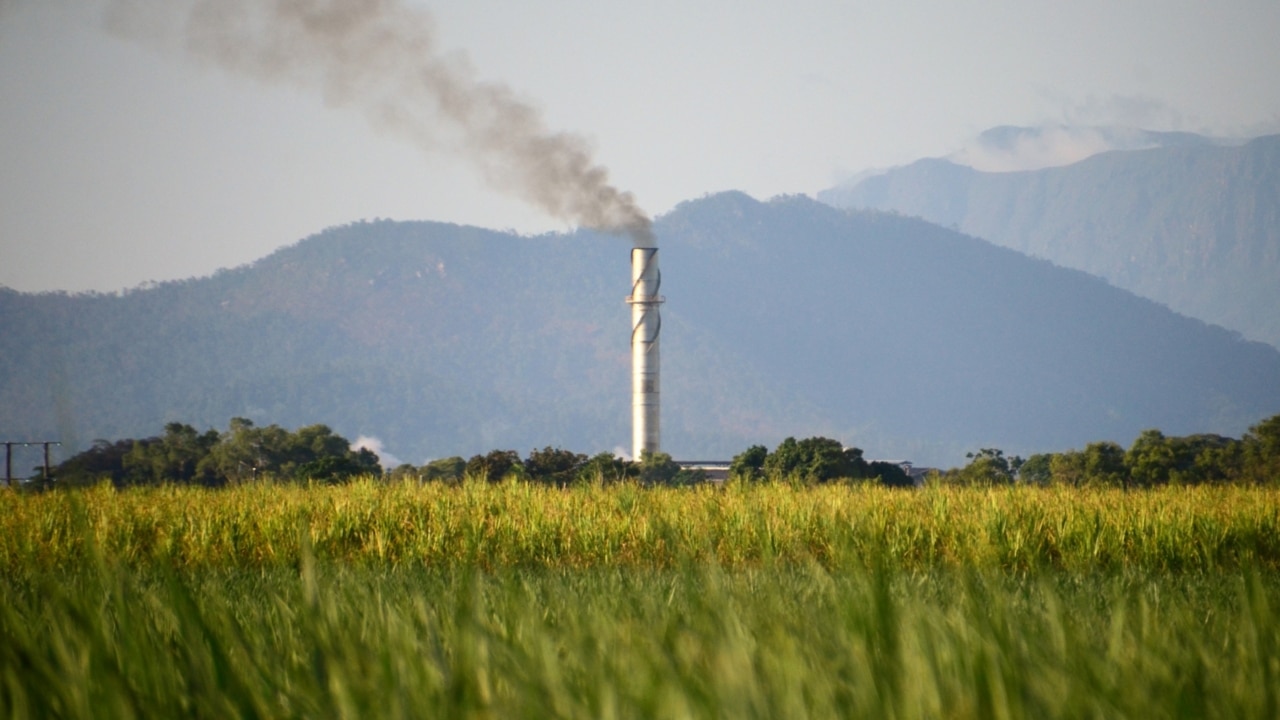
Mackay
Don't miss out on the headlines from Mackay. Followed categories will be added to My News.
The impact of India’s sugar export subsidies on Queensland sugar producers has been quantified with producers dealt an estimated $1 billion blow due to the ongoing dispute.
The Green Pool Commodity Specialists report, commissioned by the Australian Sugar Milling Council and Canegrowers, found Queensland growers and sugar millers have lost almost $5 million every week.
The report, to be released today, found the Indian Government sugarcane price regulation was causing large production surpluses and India’s subsidised exports had contributed to substantially lower global sugar prices.
The ongoing effects of the subsidies, about which the Australia, Brazil and Guatemala collectively made a formal complaint to the World Trade Organisation in February 2019, concluded the state’s canegrowers and millers incurred an estimated $1 billion revenue hit between 2017-18 and 2020-21.
“Over the past four years, these subsidies have hurt Queensland growers, millers and sugar industry employees, their families and communities,” ASMC policy, economics and trade director David Rynne said.
“ASMC is commissioning further analysis to determine the wider impact on the regions and the State’s economy.
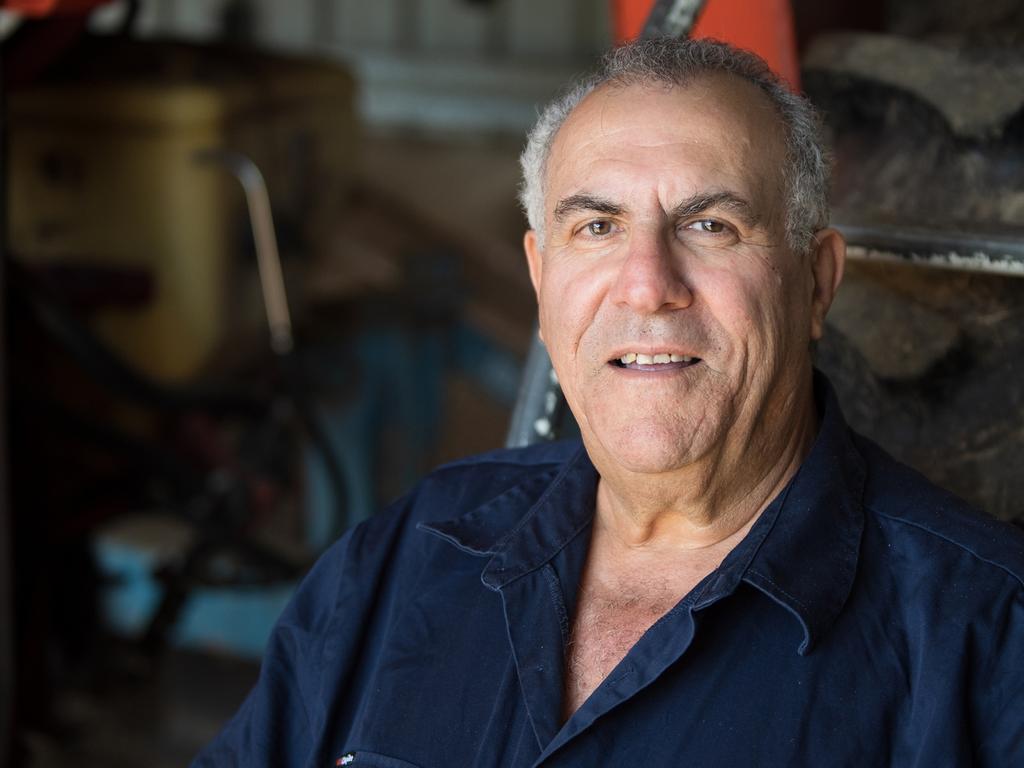
“The Green Pool report concluded that India’s current sugar production of more than 33 million tonnes exceeded its domestic sugar consumption of about 26 million tonnes.
“This excess subsidised production means export subsidies are likely to be an ongoing feature for many years if it is not reined in.”
A region breakdown found Mackay and Whitsunday mills including Farleigh, Marian, Racecourse, Plane Creek and Proserpine had lost $276.9 million over the last four seasons.
Bundaberg and Wide Bay region millers including Isis and Millaquin, and the now-closed Bingera and Maryborough mills, lost $106.6 million, while the Burdekin lost $306.8 million at its Pioneer, Inkerman, Kalamia and Invicta mills.
The Northern region including Tableland, Tully, South Johnstone and Mossman mills lost $212.5 million, and $151.2 million was lost in the Hinchinbrook region including the Victoria and Macknade mills.
The WTO panel’s report on the complaint may be handed down this year, and ASMC and Canegrowers have praised the Australian government for its advocacy on behalf of the sugar industry.
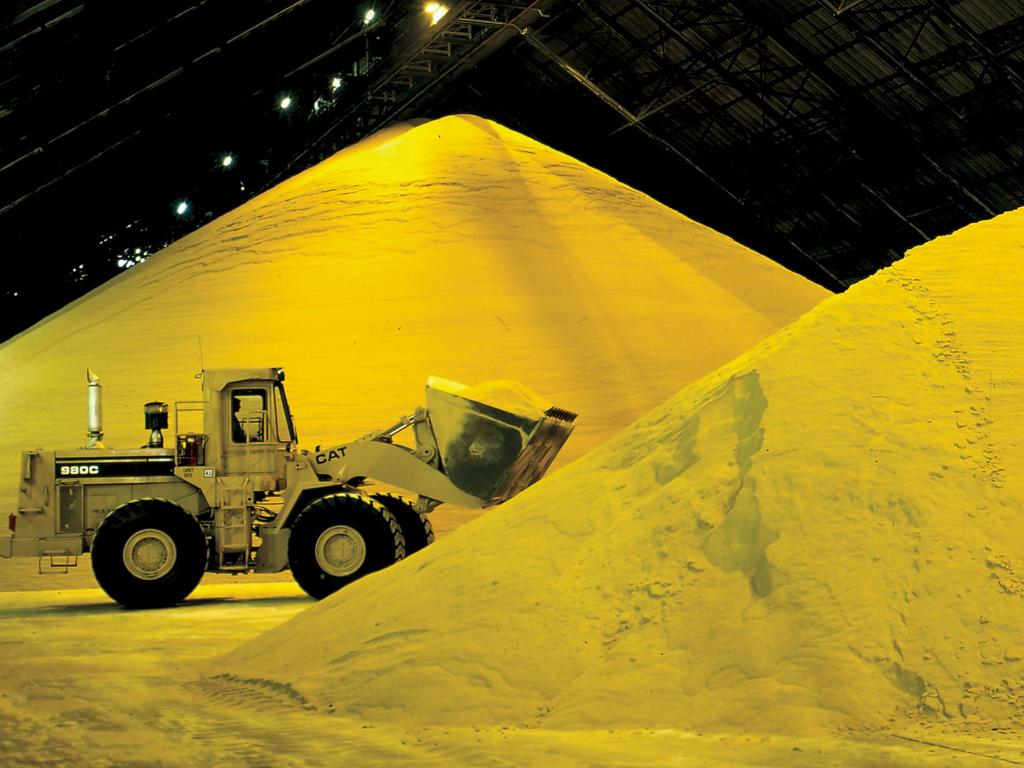
It has urged continued support for growers and millers the organisations say will continue to feel the impact of the price distortions.
Canegrowers chairman Paul Schembri said reports the Indian government may consider another package of export subsidies was concerning.
“We are hopeful the WTO will find against the Indian subsidies because the economic pain for Australian growers, millers and sugar communities could be profound and prolonged if they continue,” he said.
“We will be sharing the findings of this report with the Australian and Queensland governments, our local parliamentary representatives.
“We want to work with them to ensure progress on the path to a fairer global market for sugar.”
More Coverage
Originally published as ASMC report finds Indian Government’s subsidies ripping $1 billion from Queensland sugar mills



